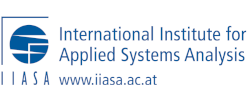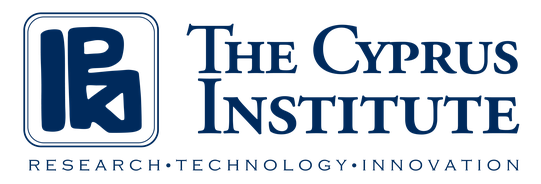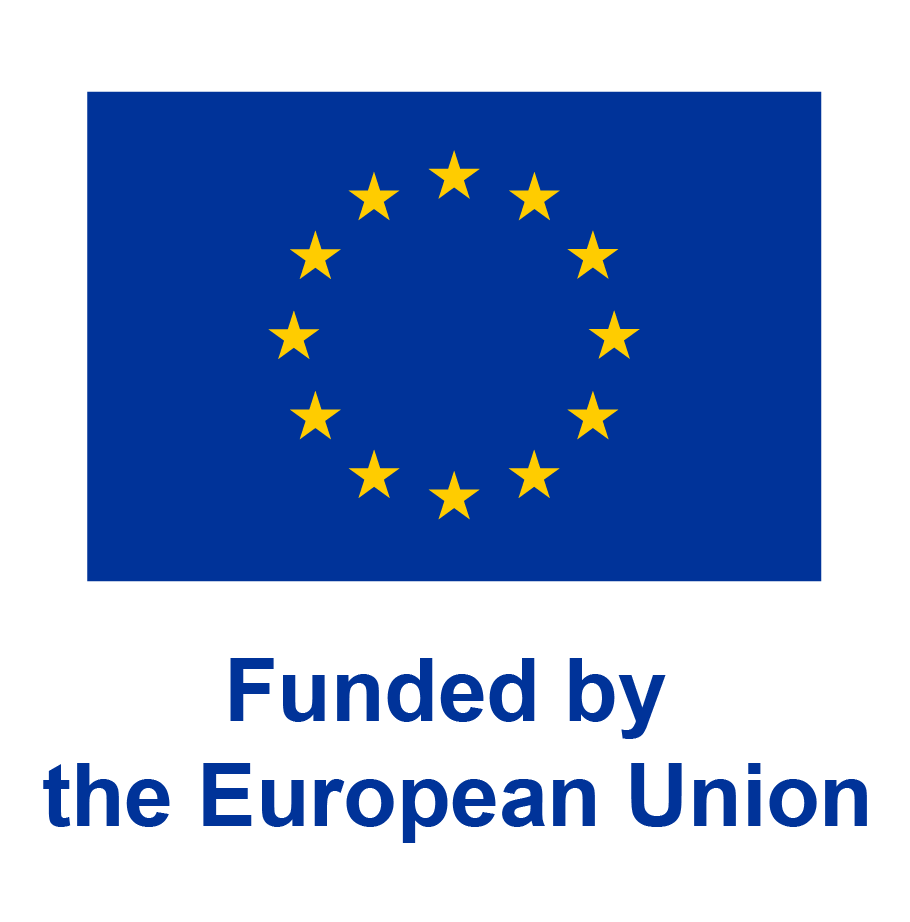
Objective of Work Package : Co-produce new, just, viable and actionable targets and pathways able to halt or reverse the ongoing global biodiversity decline through transformative change in the EU food and biomass nexus between climate action, production, trade, consumption, and human behaviour.
Methodology : The development of the pathways will rely on review of scientific and policy documents (including latest climate and sustainability pathways), guidelines for the development of IPBES' Nature Future scenario framework, exchange with stakeholders (planned under WP5), and input from WP3-4 on levers and leverage points for transformational change. We will enhance existing biodiversity pathways and targets through investigating levers and leverage points along the nexus, considering alternative visions of targets and interventions, including equity and viability principles, focusing with greater details on sectors, actors and their interactions across multiple scales (including teleconnections and trade-offs and synergies), and giving a larger role to stakeholders in knowledge production. The downscaling of aggregated targets will rely on principles and methods reviewed from the literature and policy documents for developing effective and equitable principles of burden-sharing, exchange with stakeholders (planned under WP5), socio-economic data and driver-impact relationships from existing and newly developed projections from the RAINFOREST toolbox (WP2, WP5). We will generate new quantitative values for relevant indicators of outcome and action targets (e.g., biodiversity indicators, amount and allocation of land area restored or regenerated, amount of GHG emission reductions and carbon removal, amount of reduction in water use and nutrient losses) per sector that can be used to benchmark the contributions of individual interventions and actors towards materializing the pathways developed in this WP. Different sets of downscaled targets will be produced to represent different identified worldviews and equity principles on endpoints, interventions and burden sharing.
Output : (1) a new set of pathways to 2030, 2050 and 2070 combining quantitative elements about outcome and action targets, and narratives on just and viable transformative change interventions for biodiversity; (2) a new database of alternative outcome and action targets downscaled per region and sector and representing different worldviews and equity principles on endpoints, interventions and burden sharing.








